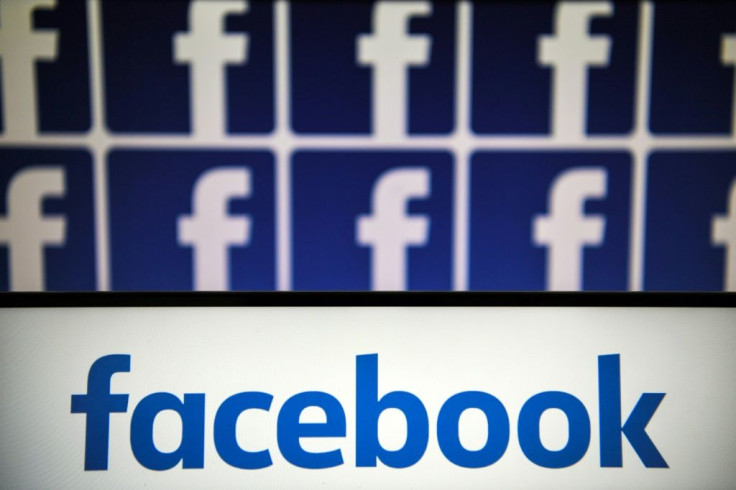Facebook News: Company Says Russia Has New Disinformation Techniques, Takes Down 3 Networks

Facebook said Wednesday it had removed three networks targeting African countries set up by the Russian oligarch indicted for his efforts to influence the 2016 U.S. presidential election.
Russian Oligarch Yevgeny Prigozhin set up three networks on Facebook that targeted Madagascar, Central African Republic, Mozambique, Democratic Republic of the Congo, Côte d’Ivoire, Cameroon, Sudan and Libya.
“Each of these operations created networks of accounts to mislead others about who they were and what they were doing. Although the people behind these networks attempted to conceal their identities and coordination, our investigation connected these campaigns to entities associated with Russian financier Yevgeniy Prigozhin, who was previously indicted by the U.S. Justice Department. We have shared information about our findings with law enforcement, policymakers and industry partners,” Facebook said.
The networks were believed testing grounds for new tactics to be used to influence the 2020 U.S. presidential election. They were identified through tips from the Stanford Internet Observatory and through internal investigations.
The New York Times reported the campaign highlights the way Russia is trying various disinformation techniques to expand its sphere of influence.
“They are trying to make it harder for us and civil society to try and detect their operations,” Nathaniel Gleicher, Facebook’s head of cybersecurity policy, told the Times.
Facebook said it is constantly trying to stop this kind of activity and noted it was taking action because of the accounts’ behavior, not their content.
“In each of these cases, the people behind this activity coordinated with one another and used fake accounts to misrepresent themselves, and that was the basis for our action,” Facebook said.
Wednesday’s action involved 35 accounts, 53 pages, seven groups and five Instagram accounts, focused on Madagascar, the Central African Republic, Mozambique, Democratic Republic of the Congo, Côte d’Ivoire and Cameroon, which typically “posted about global and local political news including topics like Russian policies in Africa, elections in Madagascar and Mozambique, election monitoring by a local non-governmental organization and criticism of French and U.S. policies.”
The accounts had 475,000 followers. The accounts generated $77,000 in ads, which began running in April 2018 and were paid for in U.S. dollars.
Seventeen accounts, 18 pages, three groups and six Instagram accounts focused on Sudan with 457.000 followers also were removed.
The final group of removals were focused on Libya: 14 accounts, 12 pages one group and one Instagram account that frequently shared stories from Russian state-controlled media and focusing on “Libyan politics, crimes, natural disasters, public health, Turkey’s alleged sponsoring of terrorism in Libya, illegal migration, militia violence, the detention of Russian citizens in Libya for alleged interference in elections and a meeting between Khalifa Haftar, head of the Libyan National Army, and [Russian President Vladimir] Putin.” The Facebook accounts had 212,000 followers and the Instagram account had 29,300 followers.
Facebook has stepped up its vigilance as a result of a criticism after the 2016 election that it had not done enough to keep disinformation off the platform. More recently, it has been criticized for a policy in which it said it would not police paid political ads.
© Copyright IBTimes 2025. All rights reserved.






















